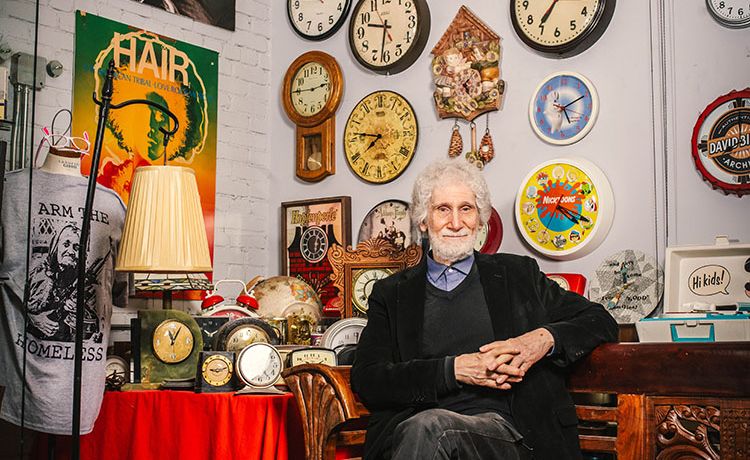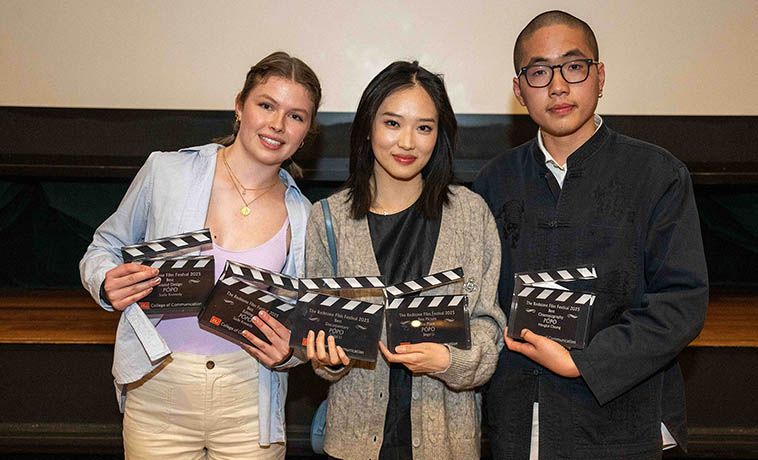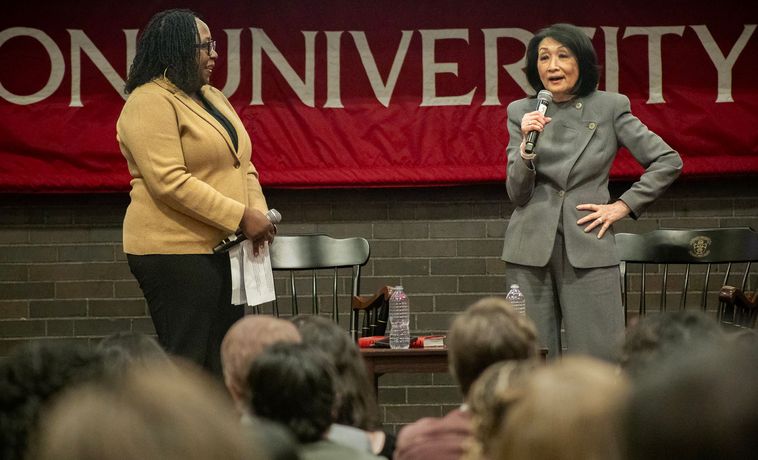Kirsten Berg Holds Power to Account
Alum was at the center of Pro Publica’s Pulitzer-winning investigation of ethics in the Supreme Court
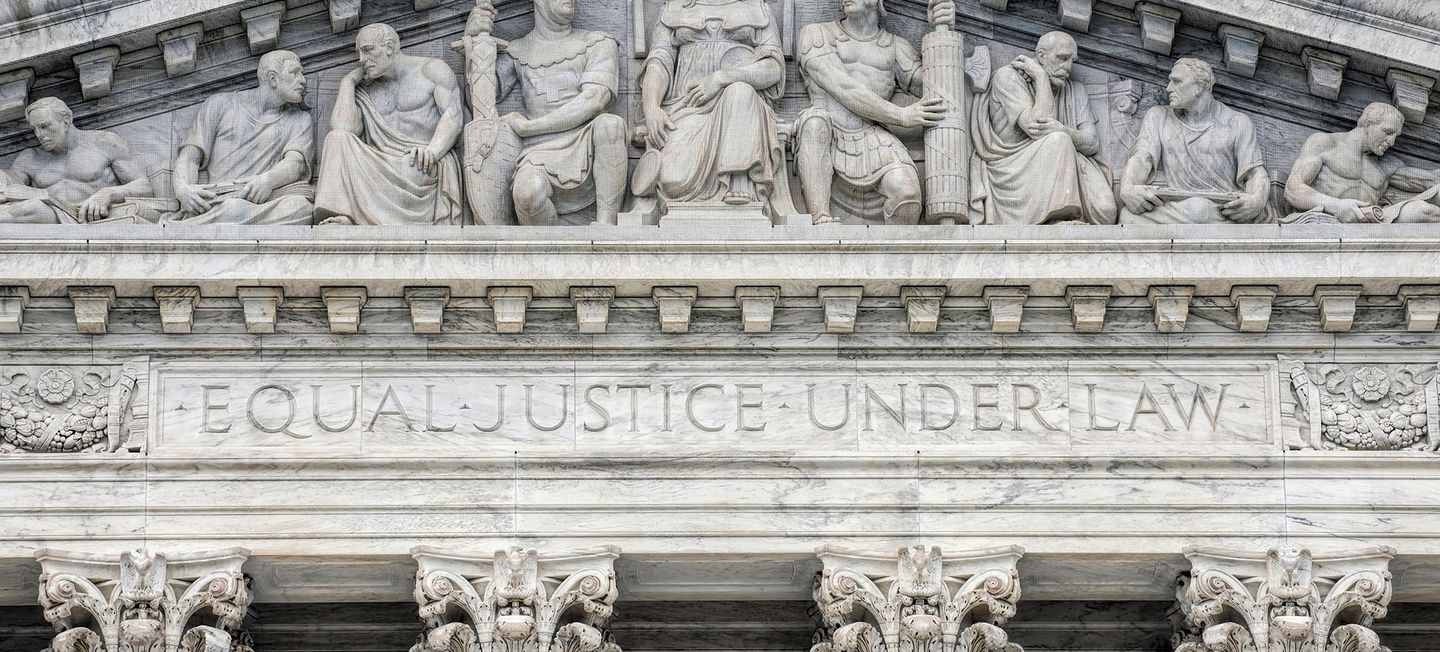
Supreme Court building in Washington, DC. Adobe Stock photo.
在一个自由民主国家,优秀的新闻为黑暗统治的地方照亮了一束光。 A news story informs the public and keeps those in power honest. At its very best, a story can help right a wrong. Kirsten Berg experienced this first-hand before many journalists have landed their first full-time beat. In fact, Berg (’11) was just an intern and a COM undergraduate when she contributed to a journalistic project that would reshape the way many young people experience the American justice system.
In 2011, Berg had landed an internship with the New England Center for Investigative Reporting (NECIR)—a professional nonprofit news outlet based at COM. Reporting to veteran investigative reporter and NECIR cofounder Maggie Mulvihill, an associate professor of the practice of computational journalism, Berg and a team of reporters looked at the history and efficacy of a Massachusetts law that allowed juveniles to be sentenced to life without parole.
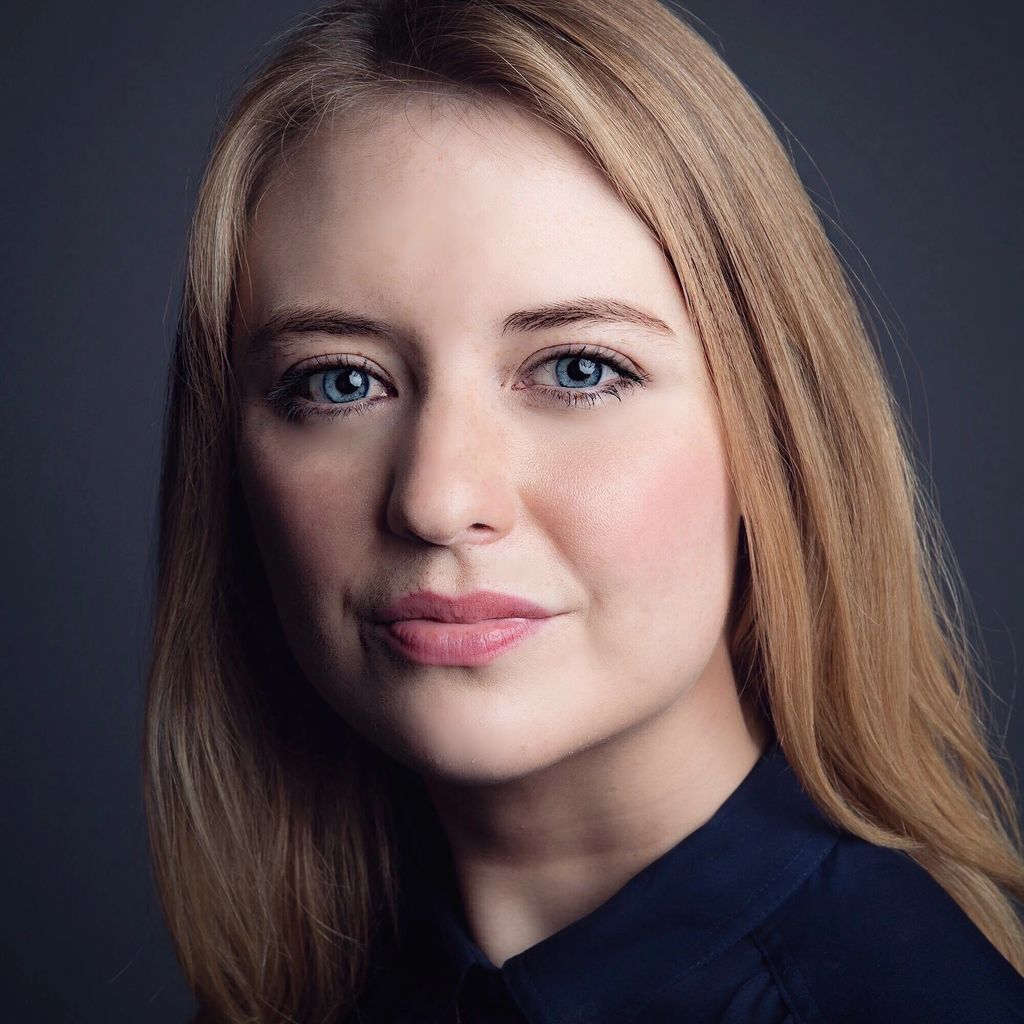
“She taught us all the ropes: This is how you make a difficult call; this is how you use all of these databases to find people; this is how you get data from government sources; this is how you file public records requests,” Berg says of Mulvihill.
The NECIR team’s reporting, published in 2011 and 2012 both at its own website (now archived) and in the Boston Globe, was cited by the petitioners in the US Supreme Court case Miller v. Alabama, where the high court decided automatic sentences of life without the possibility of parole are unconstitutional for defendants under 18 years old. In January 2024, Massachusetts’ Supreme Judicial Court banned such sentencing for defendants under 21.
“It was an amazing thing to get to be doing as someone who’s still in college,” Berg adds. “It really set me up for loving this career.”
Berg’s work continues to put the Minnesota and Iowa native in the reporting center of some of the country’s top news stories. As a research reporter at the nonprofit ProPublica since 2019, she was part of a team nominated for a Pulitzer Prize for its reporting in the first year of the COVID-19 pandemic. In 2023, Berg joined an investigation into the ethics and oversight of the Supreme Court that won the Pulitzer Prize for Public Service on May 6. But Berg doesn’t seem to worry too much about award nominations and wins. She’s more interested in doing the kind of work that helps build back Americans’ eroding view of journalism.
“Investigative journalism is such a foundational part of journalism, which is about holding power to account and telling stories of communities,” Berg says.
The work of a research journalist
ProPublica launched in 2007, filling a void left by print newsrooms that had gutted or eliminated their investigative bureaus. Reporting projects at ProPublica take months or sometimes years to finish, and the work is a collaborative effort, Berg says. As a research reporter, she specializes in obtaining and verifying information—through court records, filing public records requests, mapping out the structures of organizations and conducting archival, legislative and historical research.
There seemed to be a pattern of scandal, of ethical breaches, that seemed to be swept under the rug—of judges being defended, of oversight being thwarted.
Kirsten Berg
的
通过
Next, for a perspective from inside the Judicial Conference, Berg set out to find judges who comprised the oversight group. But there were a couple immediate roadblocks. For one, the names of the judges that make up Judicial Conference are kept confidential. Berg says she was able to put together a pretty exhaustive list of members using archives of congressional records where names were mentioned, court documents and official conference notices. “One of the best things was their letterhead,” Berg says. “Whenever they sent it out, they had every single member listed [on the letterhead], so we were tracking down when letters had been sent out and then getting all the names from there.”
But even when Berg tracked down most of the conference member names, federal laws protecting judges kept much of their contact information hidden from the public eye. “You have to get creative in tracking down cell phones, addresses, emails for judges,” Berg says. For instance, where information about a judge might not be available, perhaps a reporter could find something listed publicly about the judge’s spouse. Or maybe a phone number was inadvertently listed with a property record connected to a judge. Perhaps a judge or their spouse volunteered at their church or synagogue, and an email was listed in a congregational bulletin. “It’s really different for everyone,” Berg says.
Recognition and new projects
公关
